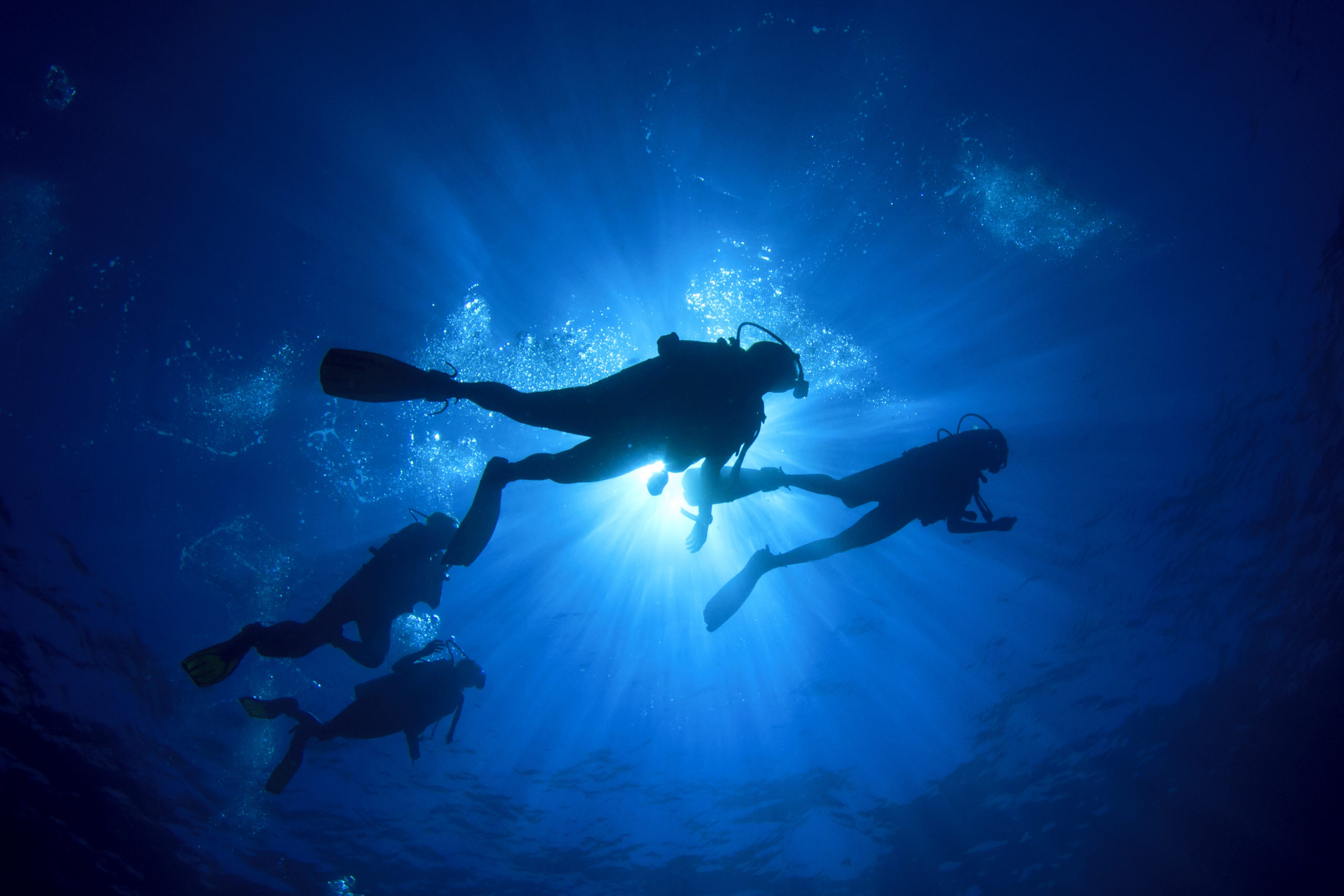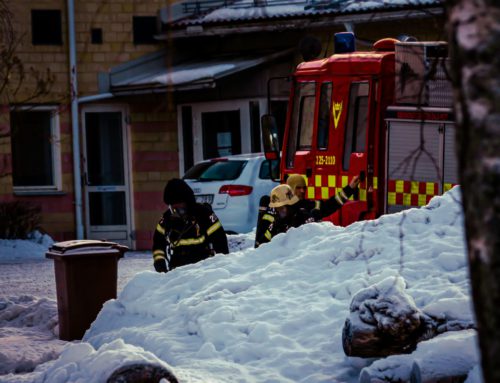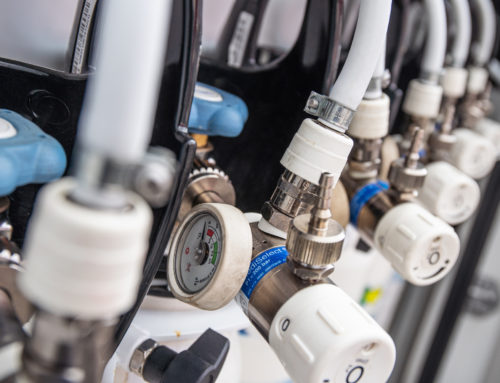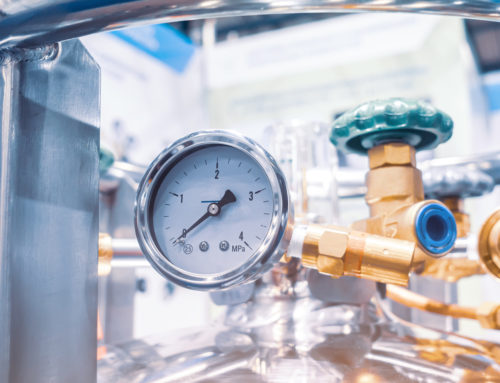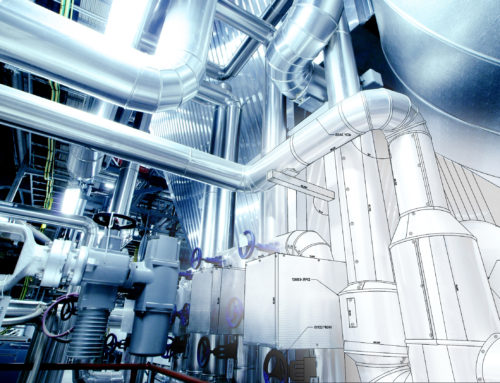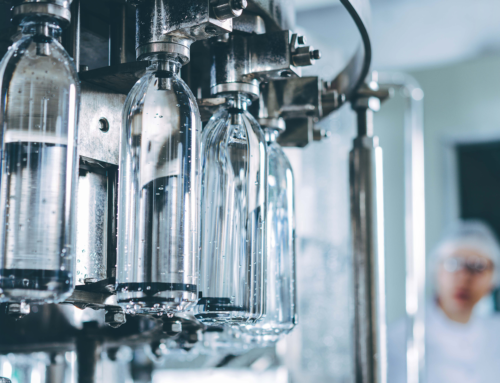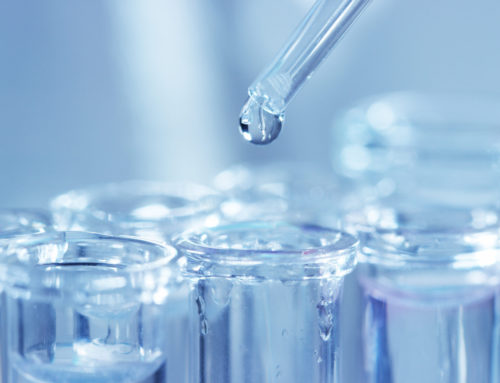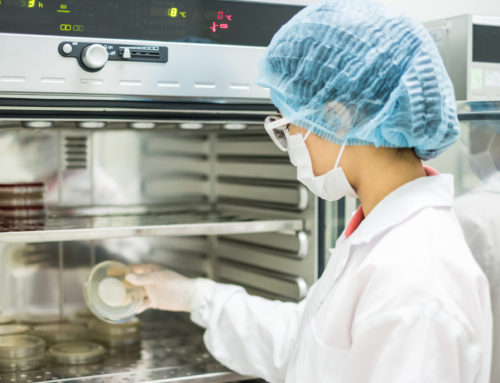Exposure to different levels of Carbon Dioxide (CO2) can affect the human body in a variety of ways. It’s important to have an understanding of the impact these levels can have and to properly test your compressed air system. Regular testing can help prevent carbon dioxide toxicity and contamination in compressed breathing air.
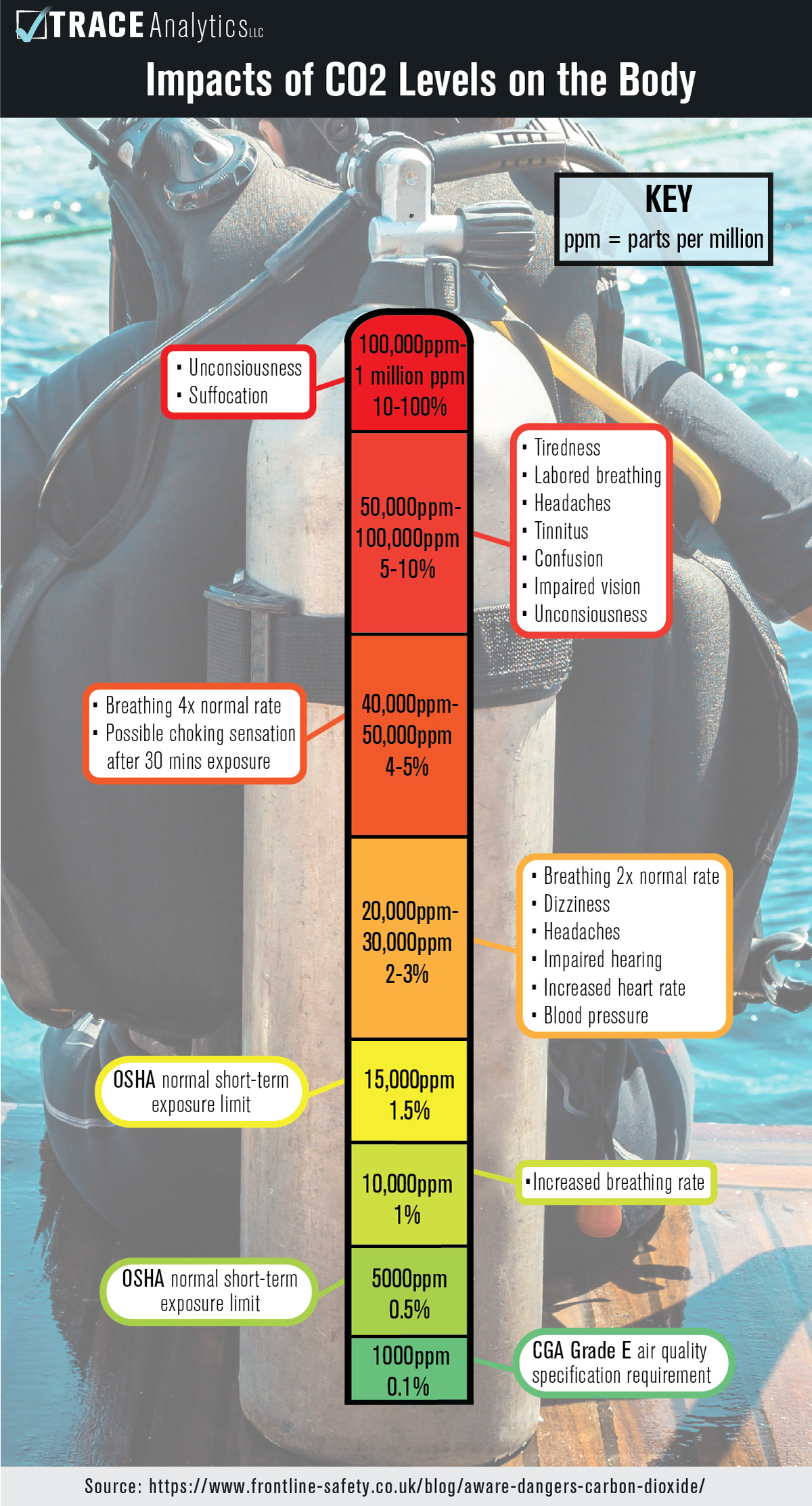
Carbon Dioxide is a toxic gas that is odorless, tasteless, and colorless. It disables the blood’s ability to move oxygen to the heart and brain. Scuba divers are particularly prone to inhaling carbon dioxide if their scuba tanks are contaminated. “As a diver descends and ambient pressure increases, the amount of gaseous contaminants breathed also increases. This explains why a contaminated gas that is not toxic at the surface may be at depth.” (Trout 2014). Scuba divers rely on dive shop owners to regularly test their compressed air so they can ensure the air provided is safe to breathe underwater.
Carbon Dioxide Toxicity
The exact symptoms of CO2 poisoning depend on the level of concentration in the air – measured in parts per million (ppm) and the duration of exposure.
Sources of Carbon Dioxide Contamination
Carbon dioxide contamination may derive from a few different sources. It’s important to take a look at your air compressor, as contamination can come from the compressor itself or enter through the intake. If the compressor is not in a well ventilated area, or its filters haven’t been changed regularly, it may be prone to contamination. In order to prevent degradation of compressor quality, regular compressed air testing is recommended along with ensuring that your filters are used and changed properly. Learn more about CO2 contamination sources in our other blog here.
Preventing Carbon Dioxide Contamination
It’s important to implement effective protocols to ensure that your compressor is working properly. Proper compressor maintenance will save dive shop owners time, costly repairs, and prevent the need to retest.
PADI (Professional Association of Diving Instructors) requires that dive shop owners test their compressed air quarterly according to CGA grade E specifications, and CSA Z180 for Canadian members. Trace Analytics, LLC offers testing according to these standards, in addition to ANDI and others found on this chart here. Testing your compressed air regularly with an accredited laboratory will provide scuba divers with safety and peace of mind.
References:
http://www.alertdiver.com/GasContamination
https://www.emedicinehealth.com/wilderness_carbon_dioxide_toxicity/article_em.htm#what_is_carbon_dioxide_poisoning
https://www.frontline-safety.co.uk/blog/aware-dangers-carbon-dioxide/
https://www.merckmanuals.com/home/injuries-and-poisoning/diving-and-compressed-air-injuries/gas-toxicity-during-diving

